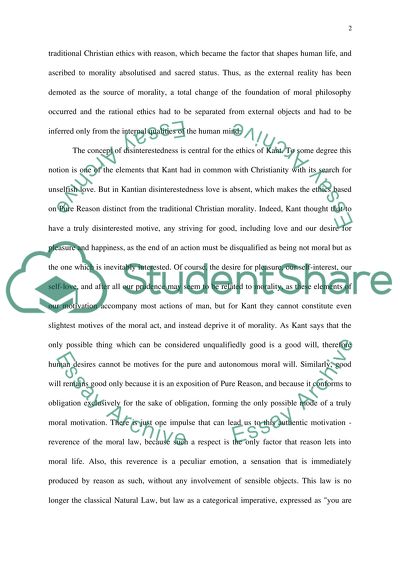Cite this document
(“The Concept of Disinterestedness as Central for the Ethics of Kant Essay”, n.d.)
The Concept of Disinterestedness as Central for the Ethics of Kant Essay. Retrieved from https://studentshare.org/philosophy/1533507-immanuel-kant
The Concept of Disinterestedness as Central for the Ethics of Kant Essay. Retrieved from https://studentshare.org/philosophy/1533507-immanuel-kant
(The Concept of Disinterestedness As Central for the Ethics of Kant Essay)
The Concept of Disinterestedness As Central for the Ethics of Kant Essay. https://studentshare.org/philosophy/1533507-immanuel-kant.
The Concept of Disinterestedness As Central for the Ethics of Kant Essay. https://studentshare.org/philosophy/1533507-immanuel-kant.
“The Concept of Disinterestedness As Central for the Ethics of Kant Essay”, n.d. https://studentshare.org/philosophy/1533507-immanuel-kant.


